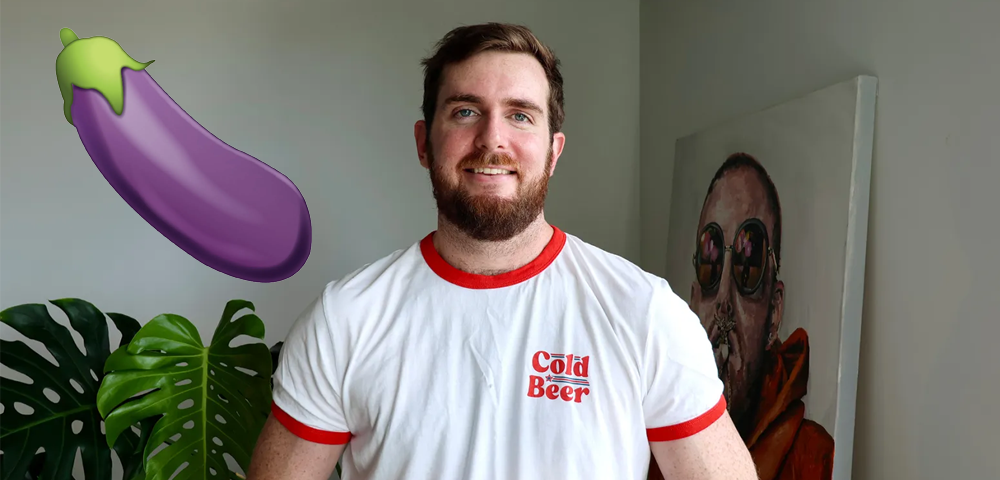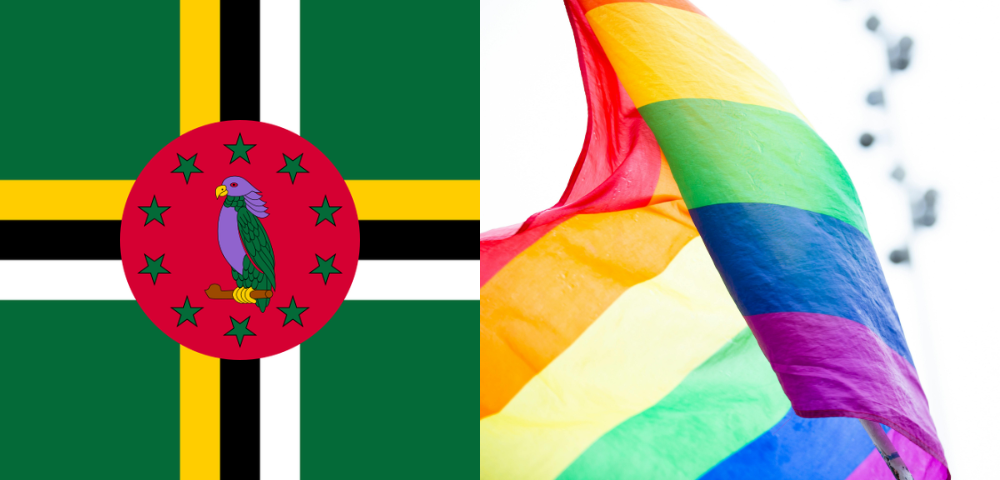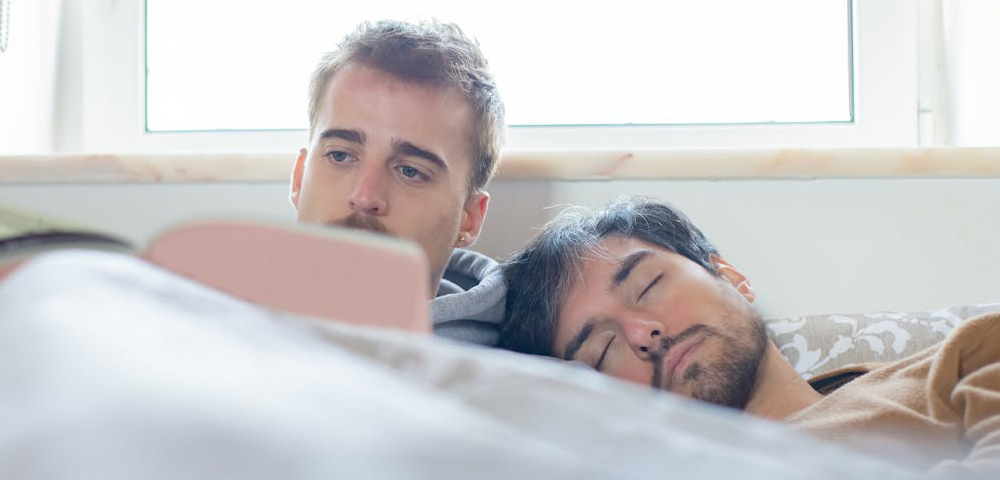
Struggle to meet mental health demand
The number of people accessing gay and lesbian mental health services has increased by 8 percent in the past year, but volunteer services are struggling to keep up with demand.
According to a report released by Suicide Prevention this year, gay and lesbian people are up to 14 times more likely to attempt suicide than their heterosexual counterparts, and are more likely to perform acts of self-harm.
Another study from the National Centre in HIV Social Research, which compared rates of depression between HIV-positive and negative men, produced similarly alarming results. A quarter of the gay men who took part in the study were found to be suffering from severe depression. That rate rose to 30 percent among positive men.
ACON’s counselling and enhanced care manager, Kerry Saloner, said the reasons for such high incidences of mental health problems remain the same — living with the compounded affects of homophobia and a wariness of mainstream health services. Increasingly, those people are turning to community services.
“It could be due to increased mental health literacy — our community’s more aware of the need to address the early signs of symptoms,” Saloner said. “They’re seeking help for stress or early signs of anxiety or depression, and they’re being encouraged to do that rather than waiting till it becomes less manageable.
“It could also mean an increase in mental ill health in the community that could be a response to a range of factors, one being the global financial crisis. I don’t know how much we attribute to that but we have seen an increase in people asking for assistance around social, financial and legal issues, and more people coming to counselling saying they’ve been retrenched.
“ACON’s taking some steps by employing a diversity officer to get more GLBT training and diversity training taking place so that services can become more friendly but services need to start moving away from heterosexist ways of operating.
“At the same time, we need to be talking to our communities and empowering them to be assertive and get what they need .”
Gay and Lesbian Counselling Service co-president Tim Errington considers the problem to be more than a funding issue.
“We always need more volunteers, but our biggest issue is getting them through the training course and being able to support them,” he told Sydney Star Observer.
“We don’t have an answer for that yet… Right now it’s because it’s quite time-intensive to get to the point where you can fly alone. Quite a few people never make it. They decide it’s too hard or work out that telephone counselling isn’t what they thought it was going to be.”
To counter this, the GLCS is looking to implement new services, away from their traditional phone counselling technique. Errington said group counselling sessions and social activities that allow people to socialise away from pubs and clubs are potential initiatives for 2010.
info: For help or to become a volunteer with the GLCS visit www.glcsnsw.org.au. To get in contact with an ACON counsellor visit www.acon.org.au or phone 9206 2000.
info: During Mental Health Week, Carers NSW, ACON and GLCS will be holding forums on Depression and Recovery. On October 7 the forum is on Wellbeing and on October 8 the forum is on Depression. Both forums start at 6.30pm and are at the Rex Centre, 58A Macleay St, Kings Cross.










love acons approach, social groups away from pubs & clubs! thats a great way to waste resources to tackle mental health issues, especially if funding is lacking. Considering that mental health is such a big issue amongest homosexuals perhaps its time to have a fully funded org specifically for this problem independant of ACON. It is obvious ACON is taking on to may roles when their only focus should be on HIV/AIDS education & prevention. A the end of the day a gay counciling service or support group is limited in the help it can provide and anyone who suffers mental illness be it slight depression to something more serious should not wait around for gay based groups to do something for you, go to your GP and discuss your concerns, they can then refer you to an appropriate mental health proffessional who can help you.
The talk about Mental Health and the GLBT community as a priority has always existed. I remember the last mental health forum run by ACON in 2006. Unfortunately mental health care and support is still stuck at the stage of the so-called reforms of the 1980s (Burekin Royal
Commission?)that followed the American deinstitutionalization and re-allocation of mental health resources and their associated systems to the private sector parallel to the public sector. In the 1980s – 90s we had to fight to be recognised as equal to other disabilities groups. That is, the physical and other major disabilities.
In effect all that will come from these discussions or ‘focus groups’ will be just a repeat of the rhetoric of the past. Only in the 1990s was mental illness put under state and commonwealth anti-discrimination legislation. I as being a member/advocate of this minority group in the GLBT community and outside in the straight community through a disabilities and sexuality lobby group, still feel and face the spector of discrimination, misunderstanding,stereotyping and prejudice that goes with mental illness. My mental illness is a cross over one – psychiatric and neurological. I will not use cognitive behaviour therapy (CBT) as for me it is a type of aversion therapy. The abuser here is the psychologist and psychiatrist, as well as the community health services which still structure their notion of mental illness around symptoms that are archaic and do not reflect client or patient as an entity. That is, they do not approach that
their is a person, who exists holistically not by their systemology. That is, there is a agenda behind client services. That means we have no defence against abusers.
The services here of ACON is stressed and not funded adequately, as these services were not put in place when ACON was founded in parallel to the services of Aids Council of NSW/Positive Life. Mental health is the core of ACON Health services. Why is there go mental health groups under the auspices of ACON Health or even the GLCS?
Who runs the agenda?